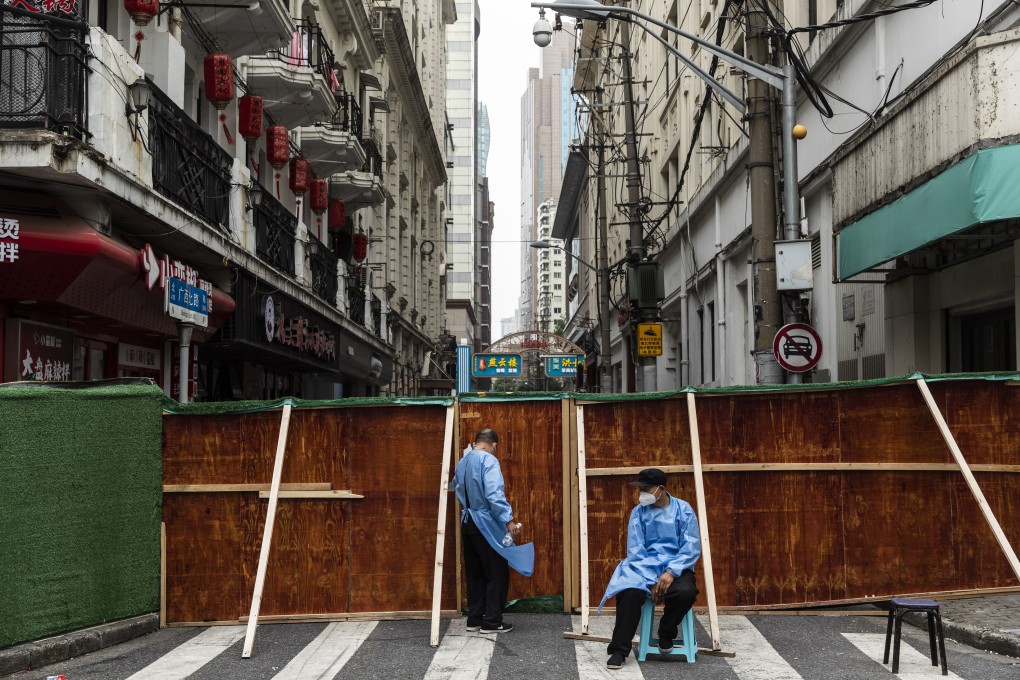Advertisement
China’s zero-Covid policy hammered Beijing’s economy in May. But how bad was it compared to Shanghai?
- Beijing’s social retail sales slumped by 25.7 per cent year on year in May, from a fall of 16.1 per cent in April
- Industrial output dropped 39.6 per cent last month from a year earlier, down from a 31.1 per cent contraction in April
Reading Time:2 minutes
Why you can trust SCMP

Consumption and production in China’s capital Beijing plunged in May, even though the city refrained from a citywide lockdown like the one used in financial hub Shanghai, underscoring the economic fallout from draconian coronavirus controls used to combat the latest Omicron wave.
Despite a marginal improvement in the economy last month, analysts say Chinese households and companies are still reluctant to spend amid current uncertainties.
Beijing’s social retail sales continued to contract in May, but at a faster pace, slumping by 25.7 per cent year on year, from a fall of 16.1 per cent in April and 3 per cent in March, according to data from the local statistics bureau released last week.
Advertisement
The rapid decline coincided with the outbreak of the highly contagious Omicron variant that hit the city of 22 million in late April.
Under the central government’s zero-Covid strategy, the capital imposed mass testing, closed dozens of metro stations, suspended dine-in services and locked down parts of downtown.
Advertisement
Advertisement
Select Voice
Select Speed
1.00x
